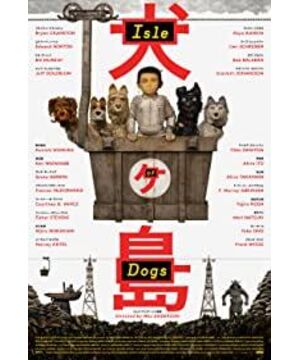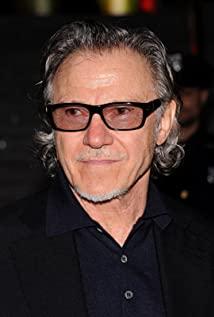The music of the Seven Samurai is played twice in the film.
In fact, the ending is very similar to the Seven Samurai. Those who died for the victory of the people didn't change anything in the end.
Still enslaved and ruled, willing to be a pet. Just replaced by a hereditary ruler who doesn't look so bad. He also chooses to forget the people who helped him, until he meets the next master who doesn't even keep leftovers for himself, and under the instigation of a white high school student, they will start to believe in freedom and democracy again.
So this film is a deep satire and pessimistic negation of the Japanese.
Dog people said that they could see this film in Chinese cinemas in the year of Benming. But wes may be too smooth, and the irony of Japan at the end is somewhat restrained and not obvious, so it seems a bit anticlimactic, and everyone needs to make up their own minds. ?
ps: Take a look at the list of dubbing staff. The gods are gathered. Part of the unspeakable appeal of the film lies in the voice acting, including Yoko Ono's true voice.
View more about Isle of Dogs reviews











